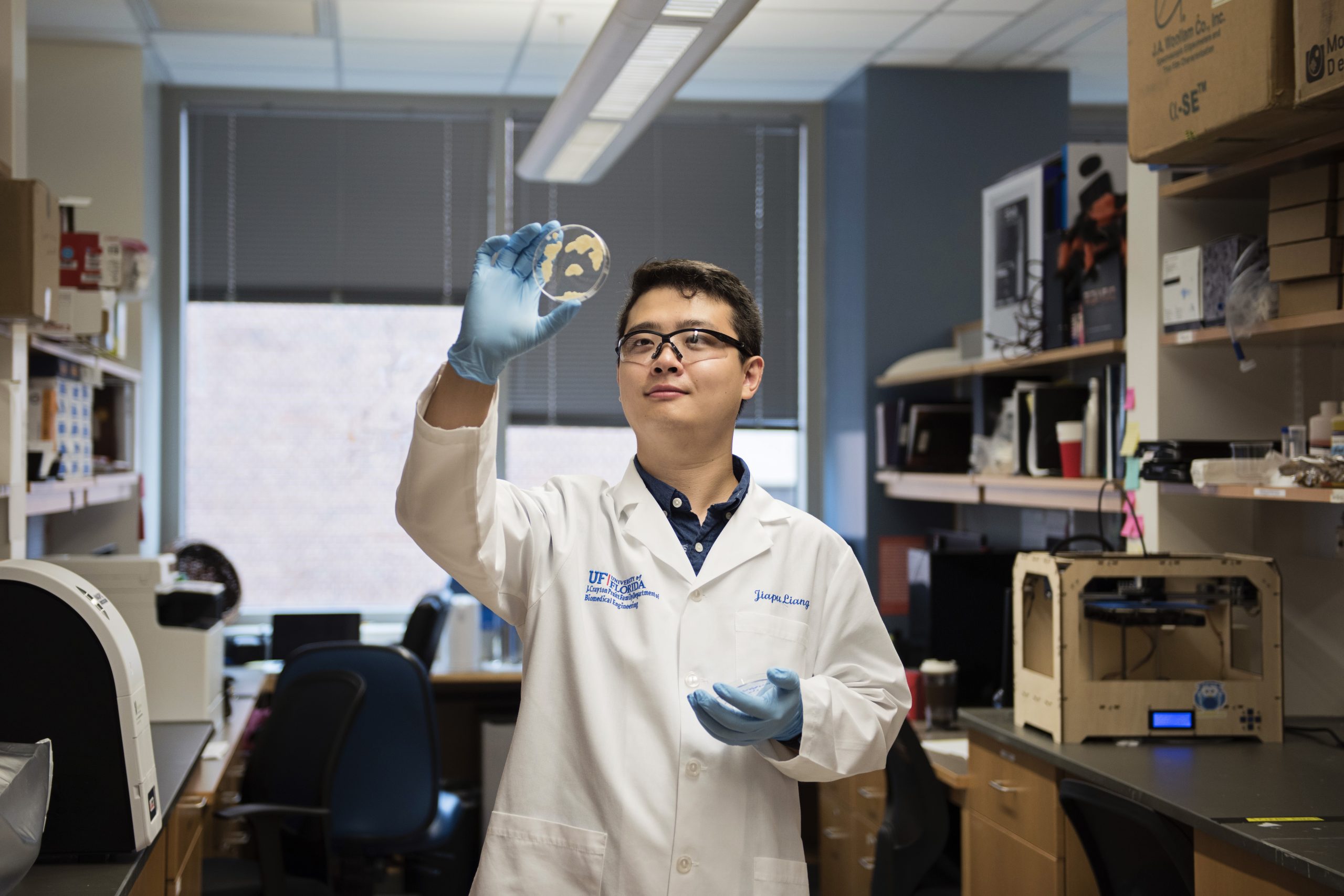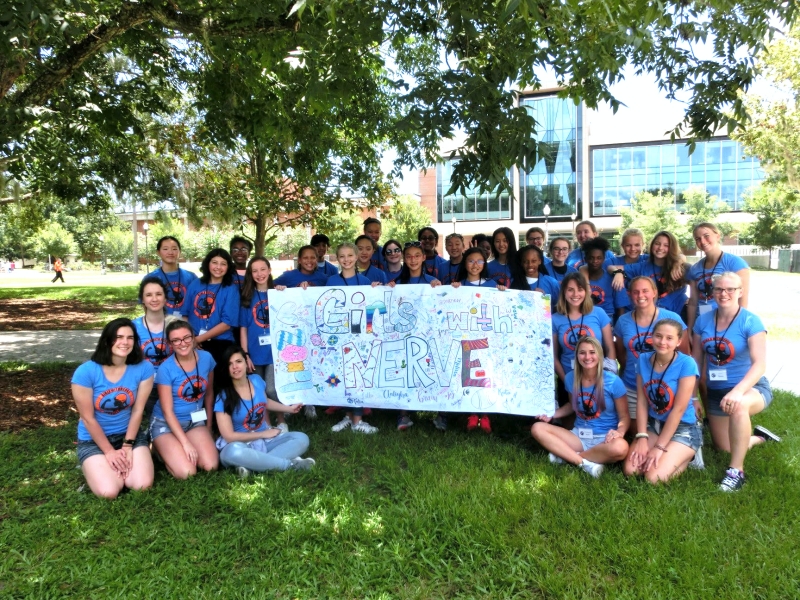The J. Crayton Pruitt Family Department of Biomedical Engineering (BME) at the University of Florida (UF) is one of 11 departments within the Herbert Wertheim College of Engineering. UF BME was established in 2002 and grew out of a program made possible by a grant from the Whitaker Foundation.


In 2006 the department received a significant donation from Dr. J. Crayton Pruitt and his family foundation, which was matched with funds from the state of Florida Major Gift Trust Fund. As a result of the gift, University officials named the department in honor of the Pruitt family, making it the first-ever named department at UF. UF BME is one of only a few departments in the nation to be co-localized with a top-ranked medical school, veterinary school and dental school. This proximity has fostered a highly interdisciplinary approach to research and education. Since 2012, UF BME has climbed 16 spots to No. 17 among U.S.
News and World Reports 2020 Best Public Graduate School Rankings. This reflects the extraordinary work of our faculty, students and staff over the department’s history. There is little doubt that the tremendous advances in medicine over the past few decades can be attributed to the exciting achievement and growth in the field of biomedical engineering. At BME, our dedicated faculty are preparing students to be leaders of this movement. Our rigorous and comprehensive curriculum educates students intending to solve problems and create innovations at the intersection of engineering and health sciences.


In addition, BME fosters:
- Entrepreneurship and innovation through opportunities for industry partnerships, internships and certification programs
- Leadership and ambassadorship through engagement in international, national and university-based professional societies and communities
- Global awareness through leadership seminars, interdisciplinary symposia, networking events, exchange programs and community outreach
RESEARCH THRUSTS
The department specializes in six distinct research areas: Biomaterials and Regenerative Medicine, Biomechanics and Bionics, Biomedical Imaging and Applications, Modeling and Biomedical Data Science, Molecular and Cellular Engineering and Neural Engineering.
OUTREACH
UF BME faculty and students, through the department’s student organizations and clubs, serve as ambassadors to the profession, bringing their resources and knowledge to the community through advocacy and outreach activities that include STEM education, K-12 education programs, recruitment and training. These opportunities serve to not only benefit the community and encourage the next generation of engineers, but also to develop communication and leadership skills in BME students.
DIVERSITY AND INCLUSION
Core to our mission is diversity and inclusion. As such, the department established a new diversity and inclusion officer to promote equity and social justice and to enhance the education experience by challenging students and faculty to bring more inclusive actions to the community. The department also focuses on personalized student recruiting, executes policies to increase awareness of resources for women and minorities, and implements programs and events to foster diversity and inclusion.


EXPERIENTIAL LEARNING
One of the most exciting and rapidly growing areas in biomedical engineering is cell and tissue engineering, which offers vast potential for changing traditional approaches to clinical treatment. The UF BME Cell and Tissue Engineering Laboratory is a dedicated teaching facility that provides an outstanding opportunity for all BME students to gain insight and handson training into regenerative medicine research and development. The lab engages students in fundamental studies and develops theoretical and analytical methods that will prepare them for exciting careers in biomedical engineering.
CLINICAL IMMERSION
Interacting with clinicians is critical to the success of biomedical engineers. To prepare students for these future interactions, UF BME students are immersed in both clinical and engineering research through coursework and direct academic mentorship. These clinical experiences will help BME students understand the environment and constraints that must be considered for the successful design of medical devices. Furthermore, with clinicians being one of the significant users of devices developed by biomedical engineers, it is valuable for biomedical engineers to spend time interacting with clinicians and learning the language of the clinical environment.
ENGINEERING LEADERSHIP AND INNOVATION INSTITUTES
UF offers one of the most dynamic and complete engineering programs in the country. As we continue to strive for more experiential learning for our students, we are partnering more closely with the Herbert Wertheim College of Engineering’s Leadership and Innovation Institutes. These institutes have continued to exponentially grow their unique interdisciplinary courses, modules and certificate offerings on topics such as project management, professionalism, entrepreneurship, persuasive communications, divergent thinking, innovation, leadership and risks in technology development. Our students are building a unique portfolio of skills that will enable them to be more effective leaders in their future careers.












